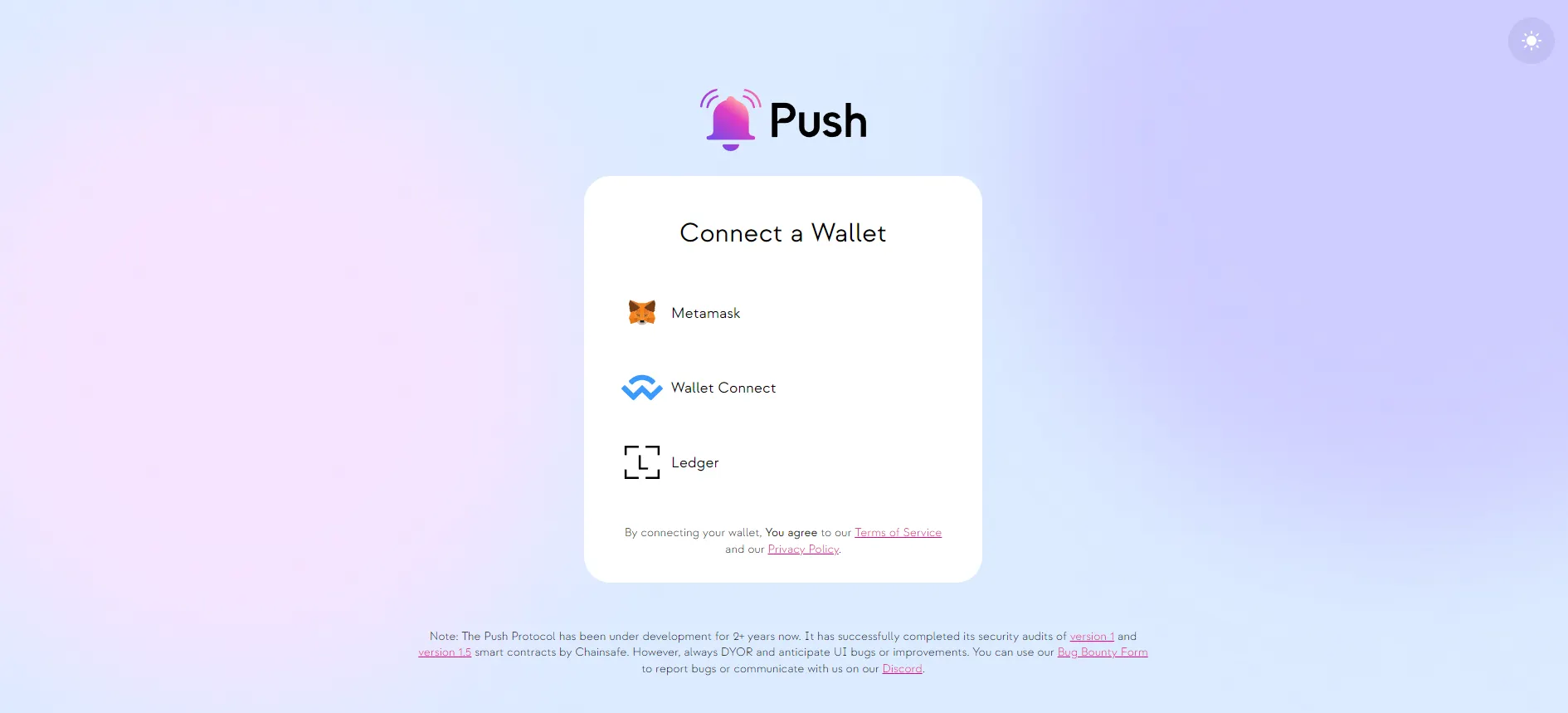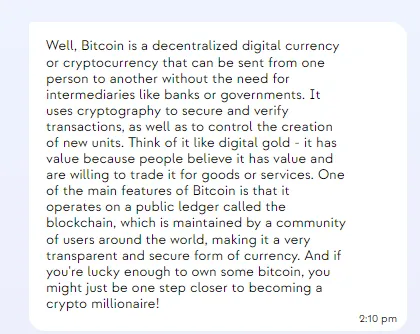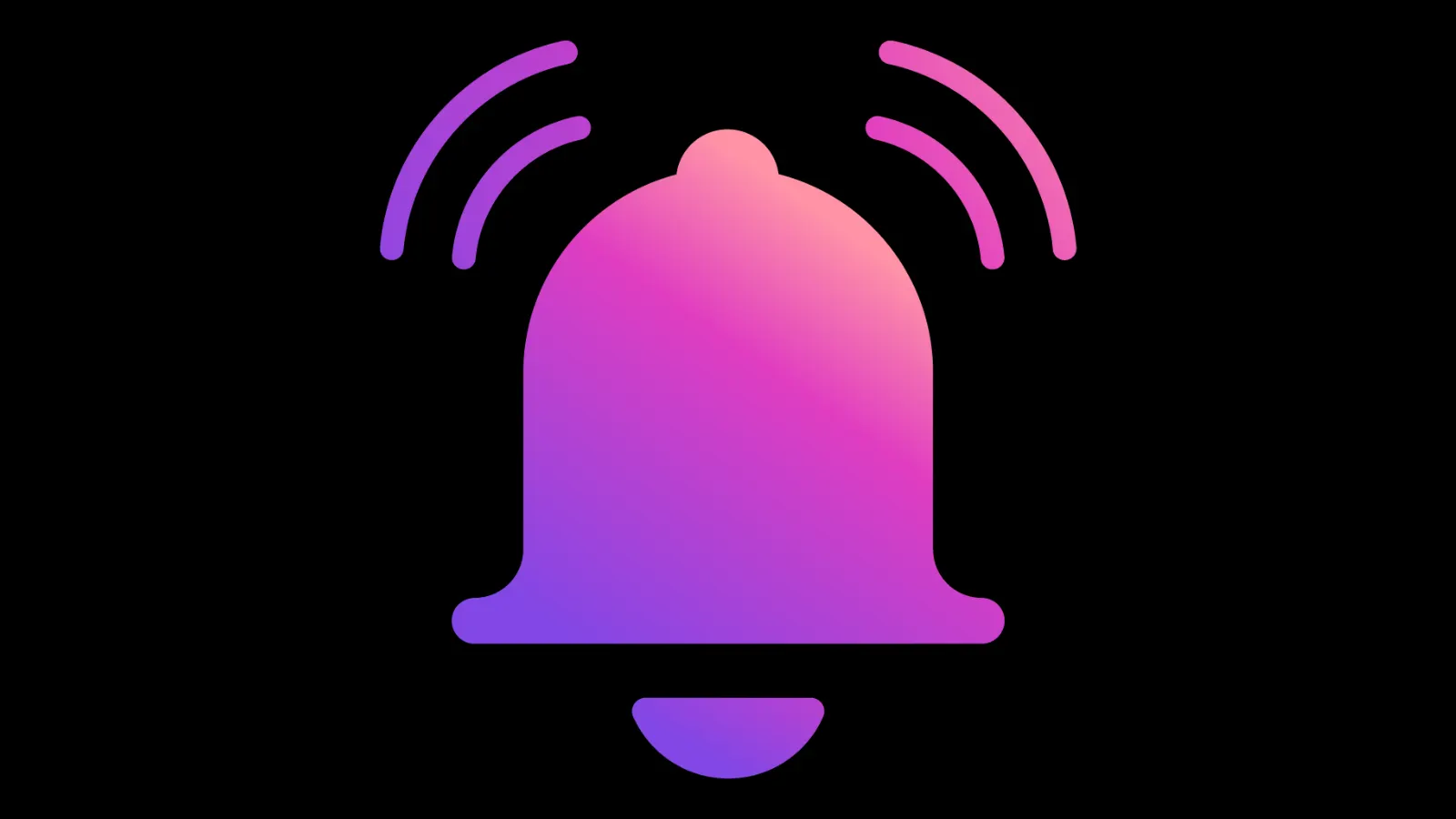While regulators worldwide grapple with the massive popularity of ChatGPT, Push Protocol aims to give the chatbot a Web3 makeover that is both easy to use and preserves user privacy.
"Encryption brings privacy, which is important and is done by any Web2 messaging or notification or video platform which operates around the world," Push Protocol co-founder Harsh Rajat told Decrypt. "Push does the same thing but with keeping Web3 ideologies in mind, so government should not have an issue with it."
Originally launched in 2020 as Ethereum Push Notification Service on the Ethereum network, Push Protocol expanded to include Polygon and, last month, BNB Chain.
The idea behind Push Protocol and the Push app, Rajat said, is to start with a combination of wallet activity and AI that can later expand to encompass chat-based payments and a personalized user experience.

Global leaders have become increasingly wary of the potential ills of artificial intelligence, with several countries—including Canada, Germany, and Sweden—expressing particular concerns about user privacy. Italy went a step further and banned ChatGPT entirely.
Rajat hopes that by using default encryption with its chatbot, regulators will look more favorably on Push Protocol's version.
"All chats are encrypted by default," Rajat said, adding that the aim was to make a fun, playful experience. Instead of replying with bland, straightforward answers, Push tries to liven up its responses.
Asking about Bitcoin, for example, generates a fairly typical dictionary definition, but closes with, “If you’re lucky enough to own some Bitcoin, you might be just one step closer to becoming a crypto millionaire!”

"Messages are saved on both IPFS and Push Nodes, which serve as storage components of Push," Rajat explained when asked if chats are stored on-chain, noting that the platform employs distinct encryption methods for authentication and communication.
"There's no advantage to having public chats by default, since some wallets may be linked to their ENS names, and users would want all their conversations to remain private," he added.
The InterPlanetary File System (IPFS) is a distributed, peer-to-peer file-sharing network that underpins the decentralized web.
Other blockchain companies looking to leverage OpenAI's technology include Moralis, BlockTrace, and U.S. cryptocurrency exchange Coinbase.
In February, Coinbase says it used ChatGPT to identify and prevent potential security risks related to token listings on the platform by automating the due diligence process.

